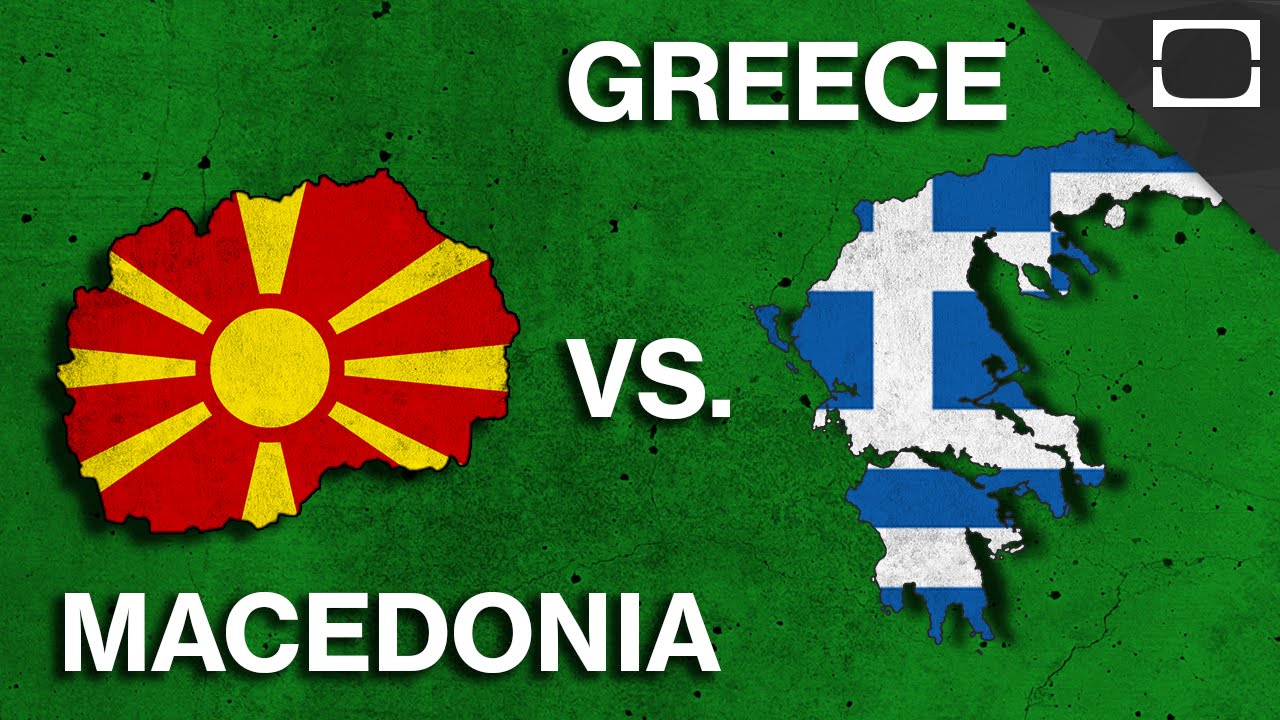
Greece and neighboring Macedonia have been at loggerheads for more than a quarter-century over an issue at the heart of the newer nation's existence and identity: its name.
The term “Macedonia” is a source of such nationalist fervor on both sides that the dispute has left the Balkan country without a universally recognized name and unable to join international institutions such as NATO.
But recently there are some major changes. Most recently, Greek Prime Minister Alexis Tsipras met his Macedonian counterpart, Zoran Zaev, during the World Economic Forum in Davos, where they exchanged gestures of goodwill and promised to continue negotiations to resolve their differences. Then from Jan. 30-31, a U.N. mediator visited Athens and Skopje to build bridges between the governments. These are not minor developments for two countries that have spent decades accusing each other of trying to steal the other's identity and territory.
The conflict can be traced back as far as you want to go. You could say it started in the second Balkan War in 1913, when Greece, Serbia and Bulgaria partitioned Macedonia; or you could say it began with the emergence of Macedonian nationalism against Ottoman rule in the 1870s; or you could even say it began in the fourth century B.C., when Alexander the Great and his father, Philip II, made their big conquests. But the modern conflict erupted in 1991, when Macedonia became an independent republic after the collapse of Yugoslavia, of which it was a part. The Greek government opposed the international recognition of the young republic, objecting to its name, Republic of Macedonia; its flag, which included a Vergina Sun; and its constitution, which allegedly included territorial claims over its neighboring countries.
Greece and the Republic of Macedonia began United Nations-mediated talks last month to try to settle the 25-year name dispute. Many Greeks argue that its neighbor’s use of “Macedonia” suggests an encroachment on the Greek region of that name, whose capital is Thessaloniki. That city has itself staged protests over the disagreement.
Using this argument, Greece has blocked the Republic of Macedonia’s attempts to join NATO and the European Union. The NATO secretary general, Jens Stoltenberg, told officials in Skopje, Macedonia’s capital, last month that the name dispute with Greece would have to be resolved before the Balkan country could be considered for membership in the alliance.
The negotiations appear to have stirred patriotic sentiment, as well as stoking tensions, on both sides of the conflict. Last week, Foreign Minister Nikos Kotzias of Greece, who is representing Athens in the talks, received death threats in the mail that mentioned the negotiations.
Negotiations between Athens and Skopje have become strained. After the United Nations’ special envoy in the dispute, Matthew Nimetz, indicated last week that Athens did not appear to be “denying the identity of the Macedonian people,” he received an angry call from Mr. Kotzias, the Greek foreign minister.
The talks have also contributed to a rift in Greece’s governing coalition, with the leftist prime minister, Alexis Tsipras, saying it is “not unreasonable” for the word Macedonia to be used in a compound name for the country. His coalition partner, Panos Kammenos, who leads the right-wing Independent Greeks party and who is defense minister, has insisted that the word Macedonia must not be part of the neighbor’s name. The powerful Greek Orthodox Church also opposes allowing the neighbor rights to the word.
Even if the two nations were to reach a compromise, Macedonian officials have indicated that they would like to submit the deal to a popular vote by means of a referendum. Should that be the case, Greece would come under domestic pressure to do the same.
In 2004, Greek Cypriot and Turkish Cypriot authorities reached an agreement on the reunification of the island, which was put to a vote in both territories. While northern Cypriots voted in favor of reunification, people in the south voted against it, killing the agreement and freezing negotiations for a decade.
The name of that place is not a minor issue Macedonia and Greece as it is linked to their identity and a shared sense of history and culture. This explains why Athens does not want Skopje to use a name that many Greeks think does not belong to their northern neighbors, while many Macedonians don't want to relinquish a name that they believe defines their culture. The recent diplomatic efforts by Athens and Skopje may therefore not be enough to solve a dispute that is deeply connected to the core beliefs and identities of the two countries involved.

